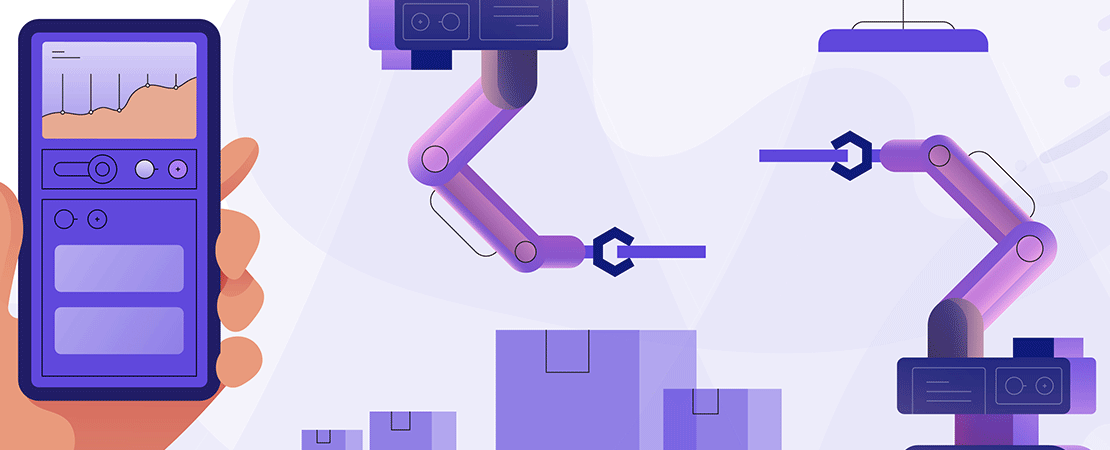How MarTech is changing the face of B2B marketing

COVID-19 has accelerated the use of new technology more than at any other point in history. Overnight, the world went from office-based collaboration to a Teams screen share.
It quickly became the norm to ‘hop on a Zoom call’. That’s a phrase most of us hadn’t even heard of until last year.
Surprisingly, the use of technology in marketing isn’t that new at all. I was using marketing automation systems as far back as I can remember and I’m, ahem, a fifteen-year veteran!
What is MarTech?
MarTech, also known as marketing technology, includes any piece of technology (usually software) that supports the marketing function of a business.
In the B2B marketing world this includes things like marketing automation, customer relationship management systems, customer data platforms, SEO tools, and data visualisation software.
Just like marketing itself, MarTech is constantly evolving. In 2021 it’s now possible to implement a MarTech solution that can customise the entire contents of a website specifically for each person, in real time. That’s pretty smart.
The MarTech robots are taking over
According to Gartner, Martech’s share of marketing budgets will rise to 26% in 2021.
It’s easy to see why when you learn about the cost-saving potential; simply by having a CRM system in place companies can boost efficiency by up to 34%.
But while many assume that MarTech means replacing jobs with machines, in reality it normally means improving the efficiency of existing people and processes, not replacing them.
Back in the days of Microsoft Frontpage it was considered standard practice to employ someone to send emails to new customers when they signed up. Today, these mundane processes are driven by software (or MarTech as it’s become known). Sounds so basic doesn’t it! But that’s how far we’ve come.
What’s the future for MarTech?
From machine learning to chatbots, the MarTech landscape is evolving into something where data comes first and personalisation is critical for success.
Strategies like account-based marketing are already making waves in the B2B marketing industry, with MarTech increasingly able to add value to these types of one-to-one marketing approaches.
Advanced intent data provides information about users who are likely to buy a product based on their online behaviour. This level of insight means that B2B marketers are able to tap into groups of potential buyers almost instantly.
In future, it’s highly likely that we’ll have access to data so advanced that we’ll know when a customer wants to buy a product even before they do.
Machine learning is big on my radar right now due to its ability to automate complex tasks like ad targeting. There’s a long way to go before it works perfectly, but machine learning has the potential to provide B2B marketers with an on-off switch for lead generation, using Big Data to tap into buyers that are literally ready to sign on the line.
What are the best MarTech tools right now?
Over the last eighteen months I’ve had a fair amount of exposure to plenty of great (and some not so great) MarTech tools. My favourites are the ones that do what they say will but at a reasonable cost.
My top six right now include:
- SnapEngage chatbots
- Drift conversational marketing
- Pardot marketing automation
- HubSpot marketing automation and CRM
- Moz SEO tools
- Optimizeley digital experience platform
Learn more about MarTech
If you’re keen to learn more about MarTech, take a look at the MarTech Alliance.
If you’d like to talk about your marketing technology needs, or you’re looking for an experienced MarTech consultant, call or WhatsApp me on +44 (0)118 324 7770.
